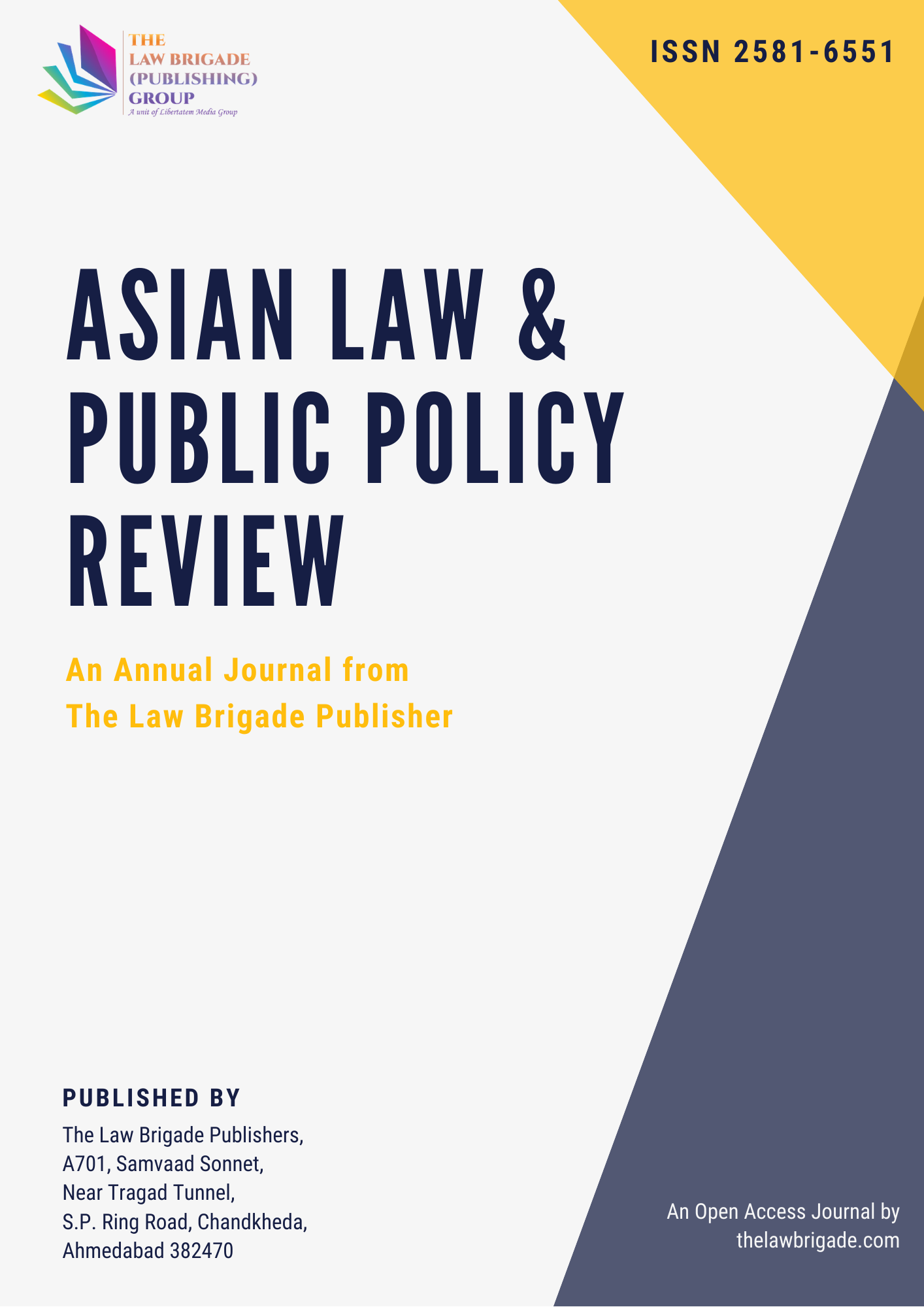Section 309 of the Indian Penal Code criminalizes “an attempt to commit suicide” with a punishment ranging from “simple imprisonment for a term up to one year or with fine, or with both”.[i] While the Penal Code does not attempt to define suicide, the common understanding that this paper seeks to argue should be decriminalized is an act of intentionally taking one’s life.
The Law Commission has twice, in 1971[ii] and 2008,[iii] recommended repealing Section 309. In fact, in 1978. The IPC (Amendment) Bill 1978[iv] was even passed by the Rajya Sabha, but the Parliament had dissolved before the Lok Sabha could pass it, and the bill lapsed. In March 2011 and again in 2018, the Supreme Court also recommended that Parliament consider deleting this Section.[v]
Finally, in 2017, the Mental Healthcare Act was passed, coming into effect in 2018, which effectively decriminalized suicide. Section 115(1) of the Mental Healthcare Act provides that “notwithstanding anything contained in Section 309”, a person who attempts suicide will be, “unless proved otherwise” to have severe stress and shall not be tried and punished under the said Code.” Further, under clause 2, it casts a duty on the government to provide treatment and rehabilitation to persons having “severe stress and who attempted to commit suicide”.[vi] While this is more progressive than the punitive nature of Section 309, it is a job half done at best. This paper aims to analyse the issues inherent in our current legal system that has partially decriminalized suicide through the Mental Healthcare Act while simultaneously retaining Section 309 and propose reforms to reduce the onerous burdens currently placed on the victims, who continue to be treated as criminals.
[i] The Indian Penal Code, 1860, No. 45, Acts of Parliament, 1860.
[ii] Law Commission of India, 42nd Report, 1971, Ministry of Law, Government of India.
[iii] Law Commission of India, 210th Report, 2008, Ministry of Law, Government of India.
[iv] Law Commission of India, 42nd Report, 1971, Ministry of Law, Government of India, para 3.2.2.
[v] Bhadra Sinha, Is attempt to suicide punishable? Two laws have opposing views, SC seeks govt’s response The Print (Sep 11, 2020) https://theprint.in/judiciary/is-attempt-to-suicide-punishable-two-laws-have-opposing-views-sc-seeks-govt-response/500905/.
[vi] The Mental Healthcare Act, 2017 No. 10, Acts of Parliament, 2017 (India).





